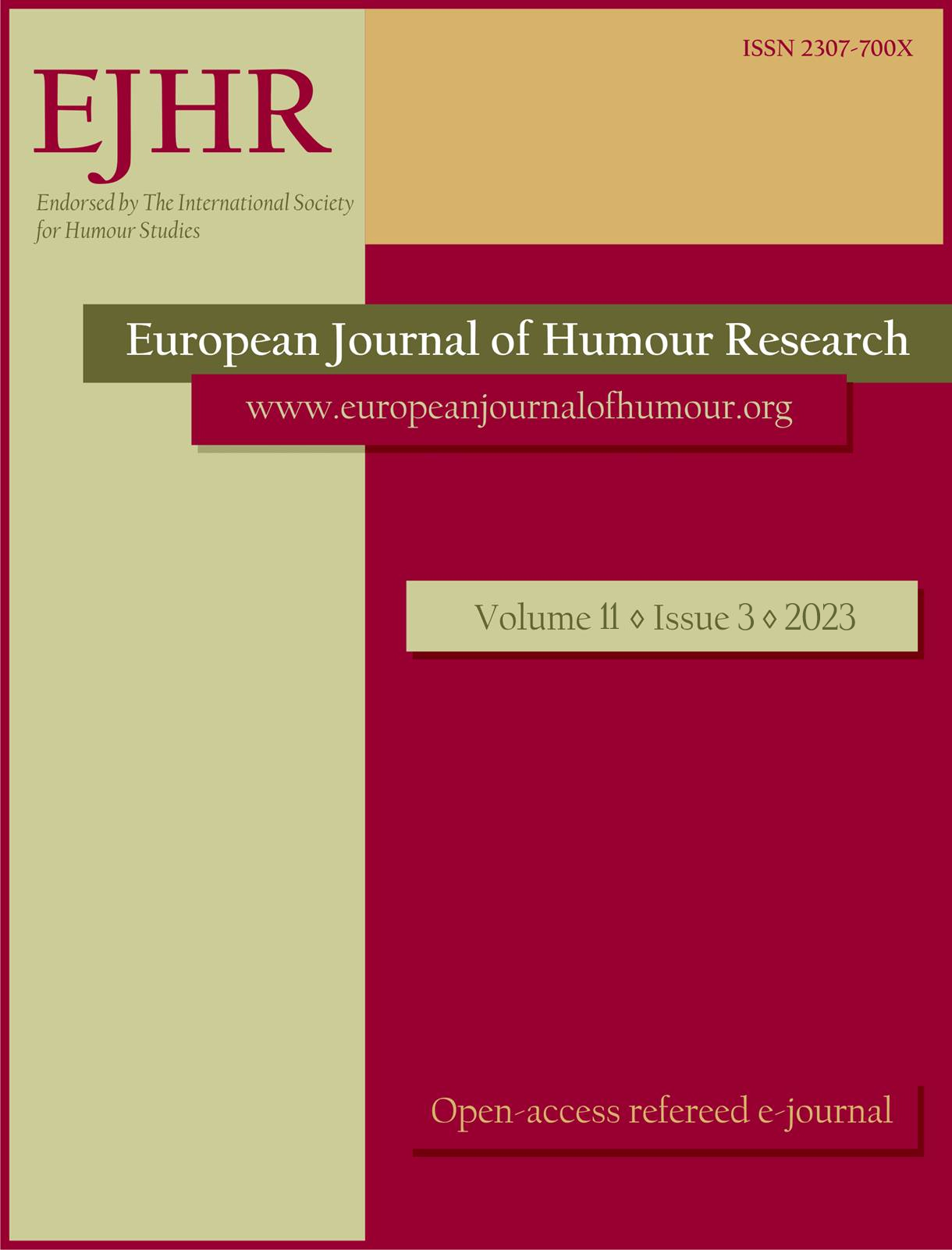Forms and functions of jokes disseminated during the
Covid-19 pandemic in Jordan
Forms and functions of jokes disseminated during the
Covid-19 pandemic in Jordan
Author(s): Ahmad Tawalbeh, Rula Abu-Elrob, Emad Al-Saidat, Mamdouh AlenazySubject(s): Media studies, Cultural Anthropology / Ethnology, Crowd Psychology: Mass phenomena and political interactions, Health and medicine and law, Sociology of Culture
Published by: Krakowskie Towarzystwo Popularyzowania Wiedzy o Komunikacji Językowej Tertium
Keywords: humour; jokes; Covid-19; GTVH; binary opposition; Jordan;
Summary/Abstract: People in Jordan have suffered the effects of the Covid-19 pandemic. The Jordanian government took some pre-emptive measures to curb the spread of the virus, including the announcement ofindefinite curfew and nationwide strict lockdown. Humorous texts appear to be the people’s keyto escape from life stress, minimise the pressure of unpleasant situations and increase pleasure.Jordanian humour attracts our attention to find out what it does during the Covid-19 pandemicand investigate its structure. To pursue this aim, a sample of 50 jokes and memes were collectedfrom Facebook and WhatsApp in 2020 and analysed using the General Theory of VerbalHumour (GTVH). The researchers conducted a systematic and detailed analysis of the datarelying on the six knowledge resources postulated by the GTVH, which are script opposition,logical mechanism, situation, target, narrative strategy and language. The analysis showed thathumour can be viewed as a tool to release the tensions caused by Covid-19 restrictions onmobility and lockdown. It also revealed the people’s comments on different aspects of their lifeduring the pandemic, including but not limited to social contact, economic status and education.In most of the analysed texts, humour is playful and serves the function of decommitment. Thisstudy offers insights into Arabic humour discourse, showing how jokes may serve the emergingcontext and encourage conducting studies on humorous texts in various settings to show whatroles they would play.
Journal: The European Journal of Humour Research
- Issue Year: 11/2023
- Issue No: 3
- Page Range: 88-104
- Page Count: 17
- Language: English

